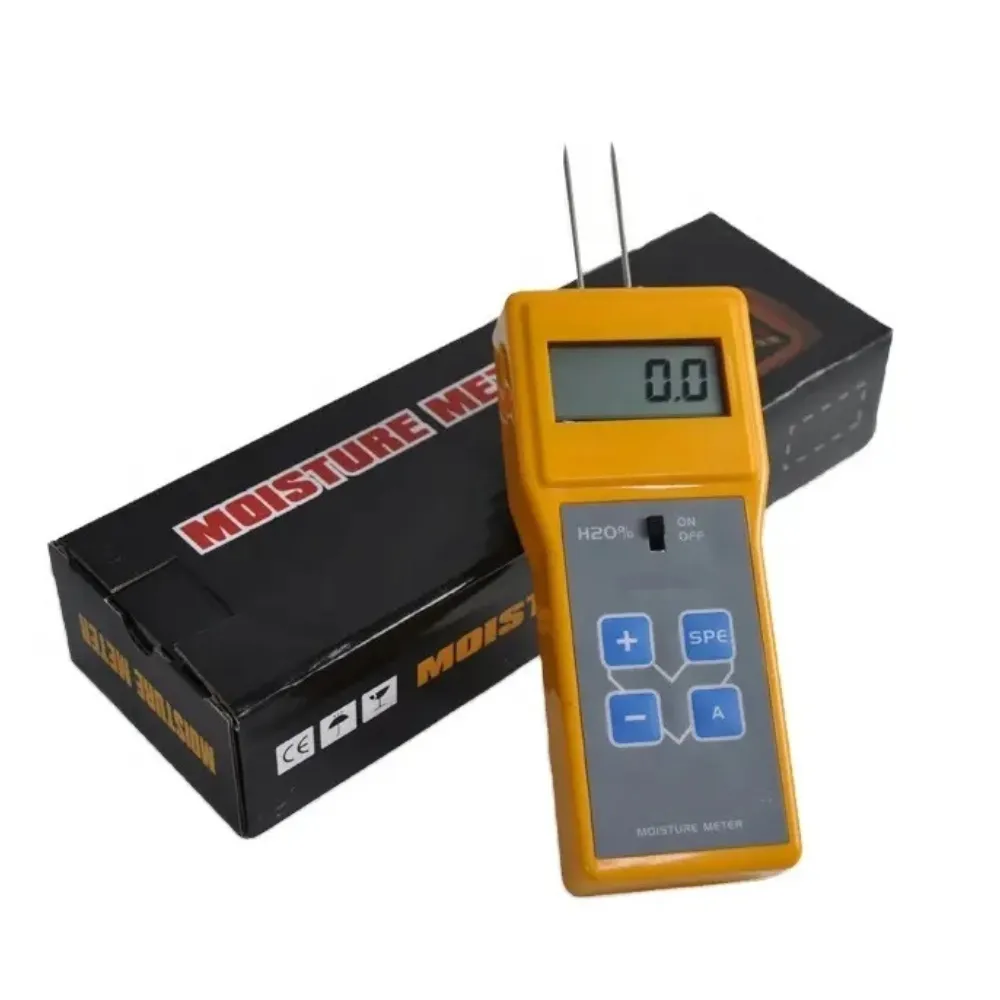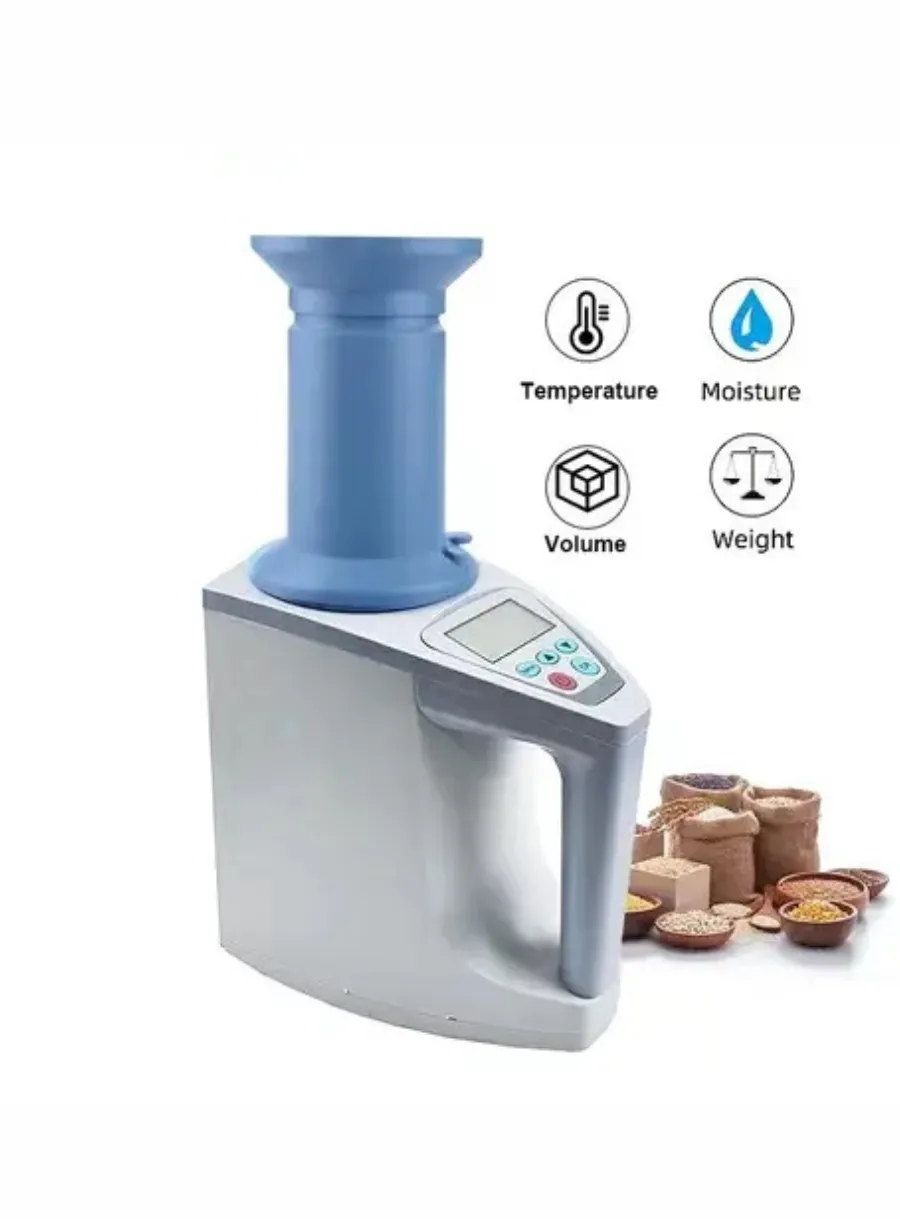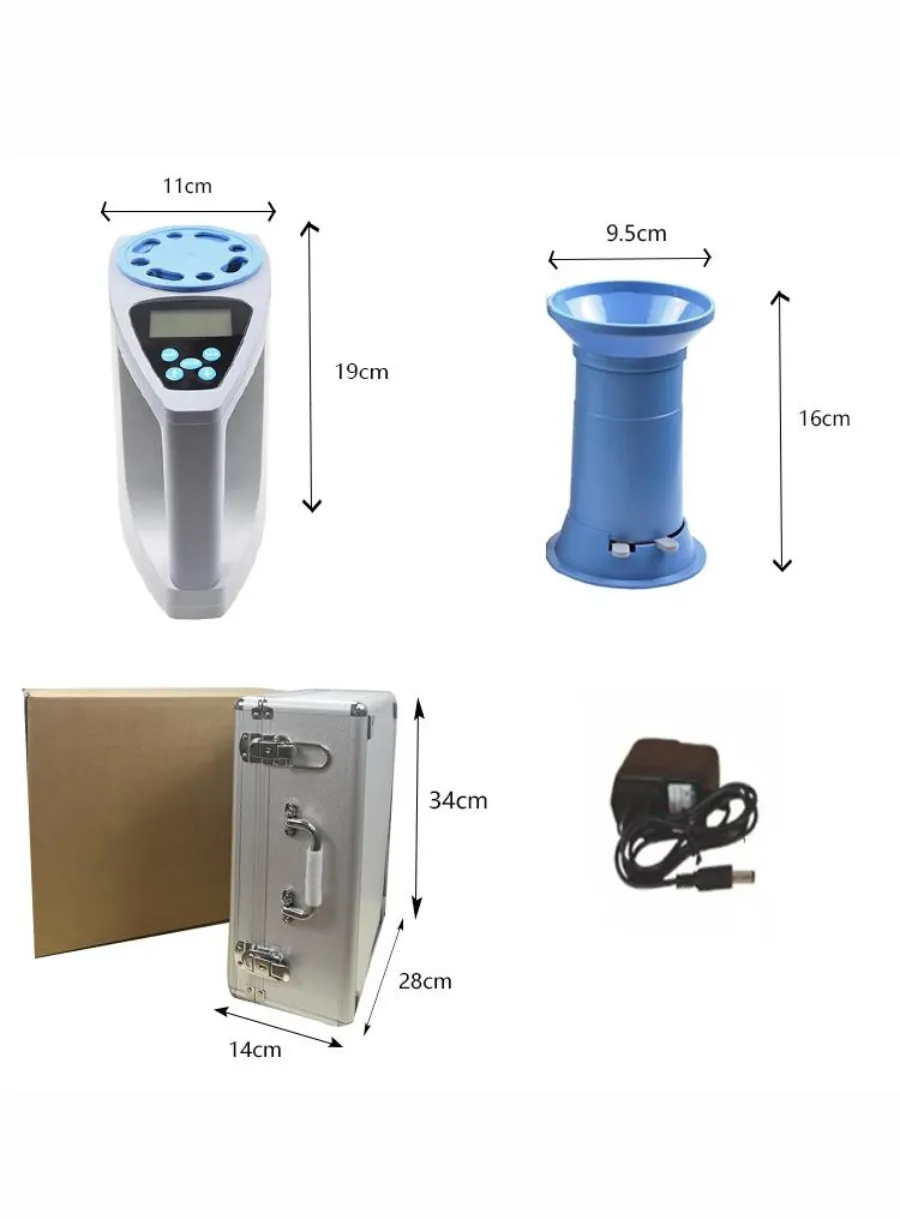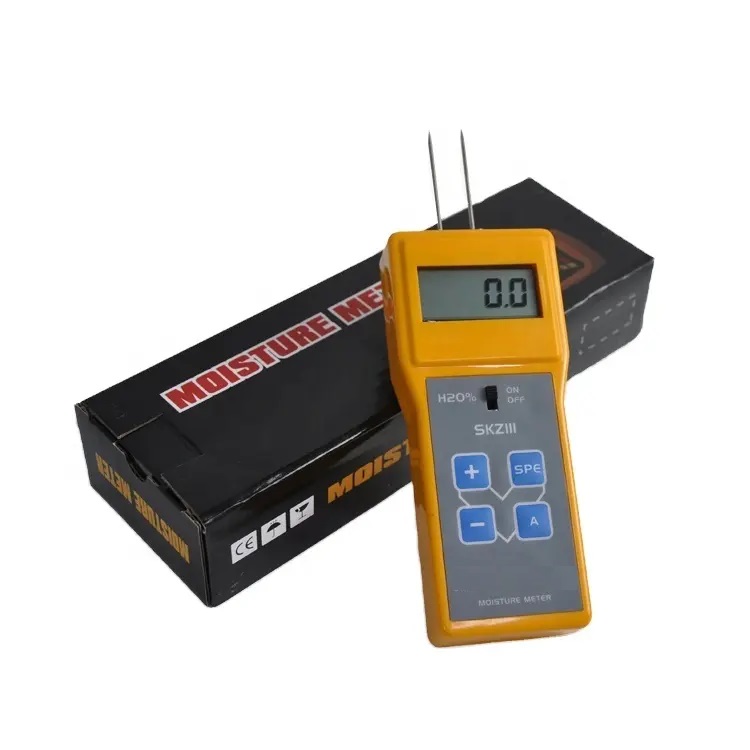
Maintenance and Care of Coffee Moisture Meters
Table of Contents
Regular maintenance of roasting equipment, including moisture meters, is vital for consistent coffee roasting. Build-ups of chaff and coffee oils can impact the performance of these devices, affecting heat transfer and airflow, which may lead to inconsistent roasts. To prevent these issues, it is important to regularly clean and service the roaster and moisture meters.

Calibration is crucial for maintaining the accuracy of moisture meters. There are two primary types of moisture testing tools: pin and pinless meters, each requiring different calibration methods. For pin meters, the moisture content standard (MCS) is used. To check the calibration, place the meter’s pins on the MCS’s metal contacts, turn on the meter, and compare the reading to the value given in the instructions. If the reading differs, the meter may be out of calibration. Ensuring the meter has a functional battery is also important, as low battery power can cause inaccurate readings. Some meters have built-in calibration tests, which allow users to check accuracy with the push of a button. However, using a specialized testing tool such as an MCS or sensor block is recommended for the most reliable results.
Visual Inspection
In addition to using moisture meters, visual inspection of coffee beans is an important step in the roasting process. While moisture meters can measure the moisture content accurately, they do not provide a complete picture of the roast. Visual cues, such as color changes and the appearance of oils on the surface of the beans, are critical for roast profile analysis. Therefore, combining moisture meter readings with visual inspections ensures a more comprehensive evaluation of the roast quality. By adhering to these maintenance and care practices, coffee roasters can ensure their moisture meters remain accurate and effective, thereby contributing to better roasting consistency and quality.

Comments
Tags
Frequently Asked Question
Lorem fistrum por la gloria de mi madre esse jarl aliqua llevame al sircoo. De la pradera ullamco qué dise usteer está la cosa muy malar.
- Regular maintenance helps prevent build-ups of chaff and coffee oils that can impact the performance of moisture meters, affecting heat transfer and airflow, which may lead to inconsistent roasts.
- For pin meters, the moisture content standard (MCS) is used for calibration, while pinless meters may have built-in calibration tests or require the use of specialized testing tools like an MCS or sensor block.
- Low battery power can cause inaccurate readings from moisture meters, so ensuring the meter has a functional battery is important for maintaining accuracy.
- While moisture meters can measure the moisture content accurately, visual cues like color changes and the appearance of oils on the bean surface provide a more comprehensive evaluation of the roast quality, ensuring better roasting consistency and quality.


